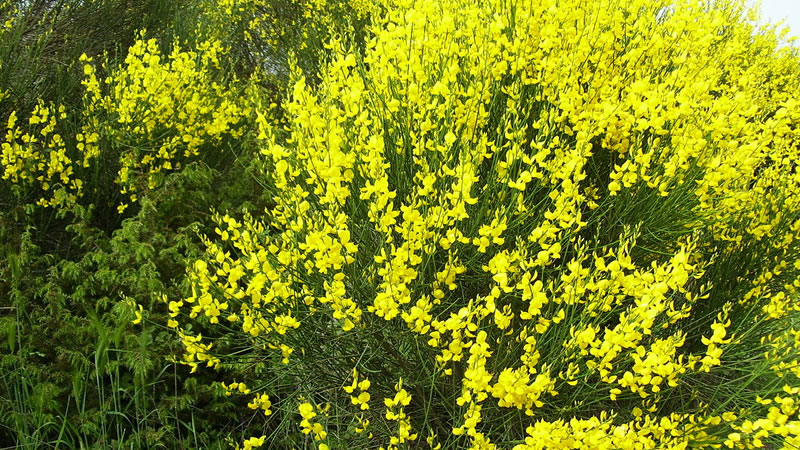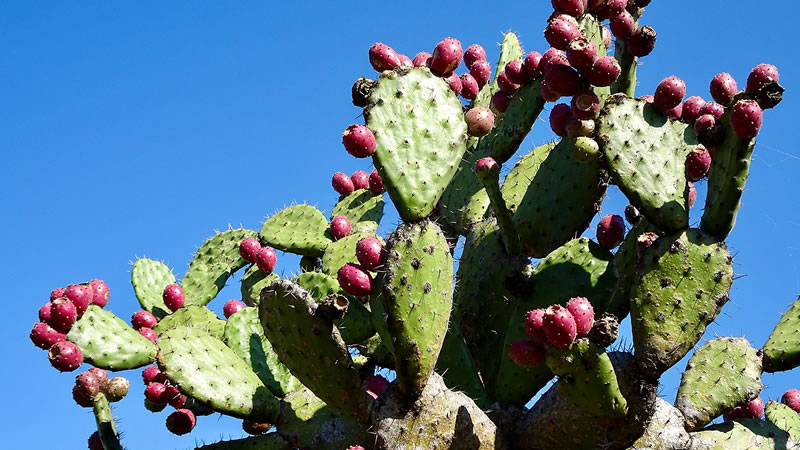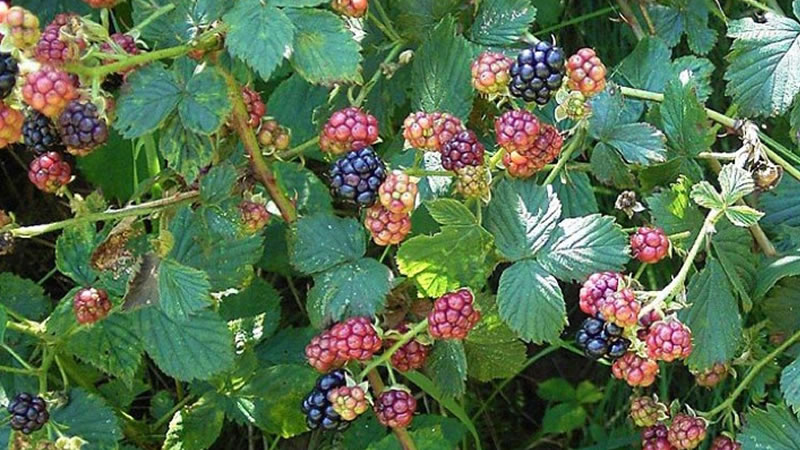
Spartum

Barbary fig tree
Daphne carries with its fragrance all the magic and history of ancient Greece. In ancient times Daphne was considered a sacred plant, dedicated to the god of divination, Apollo. According to mythology, the nymph Daphne was the beloved of the god, who transformed into the plant of the same name and was an integral part of Delphi, where the divination process took place. In addition, it is reported that the Pythia of the Oracle of Delphi chewed bay leaves before giving her oracle.
In addition to Apollo, the laurel was also dedicated to the god Asclepius, due to its medicinal properties. The laurel was considered a symbol of wisdom and poetry, while there is a reference to it in Homer’s Odyssey. Theophrastus in his book “Plant Histories” describes two varieties of laurel, the thin-leaved and the broad-leaved, and mentions that sticks and drills were made from its wood because it did not wear out. In fact, for our ancient ancestors it also symbolized prosperity, while they believed that it protected houses from bad luck and lightning.
The Bedouins of the desert put a bay leaf in their coffee to flavor it. Pliny had called it the gatekeeper and guardian of the emperors, because they planted the plant in front of the gates of the imperial palaces.
The ancient Greeks and Romans crowned the winners of sports competitions with laurel branches, since the laurel was associated with victory, supremacy and glory, which is still true today. The Romans even called her Laurare, which means I praise.
Today, laurel wreaths are placed on graves and statues in honor of important people, while orthodox churches are also decorated with laurel on Palm Sunday.
The ancient Greek doctors used the plant for its tonic properties on the stomach and bladder. Hippocrates administered it as an analgesic after childbirth and for various gynecological problems. Dioscorides used its bark to dissolve kidney stones and relieve patients from liver infections.
In Mediterranean cuisine , bay leaves are used as a seasoning for legumes, fish, sauces and meats. It is also used in the food industry and in the packaging of nuts such as figs and raisins.
The essential oil, which the leaves and fruits have (laurel oil), has an antimicrobial effect and helps students to concentrate and perform better
It is also used in soap making and perfumery for shiny hair, while it also prevents hair loss.
The medicinal properties of the plant are antioxidants, reduces blood sugar, helps with indigestion and anorexia, fights rheumatism, has an antiseptic effect, helps with colds, sore throats and coughs. The decoction helps with insomnia and tension.

